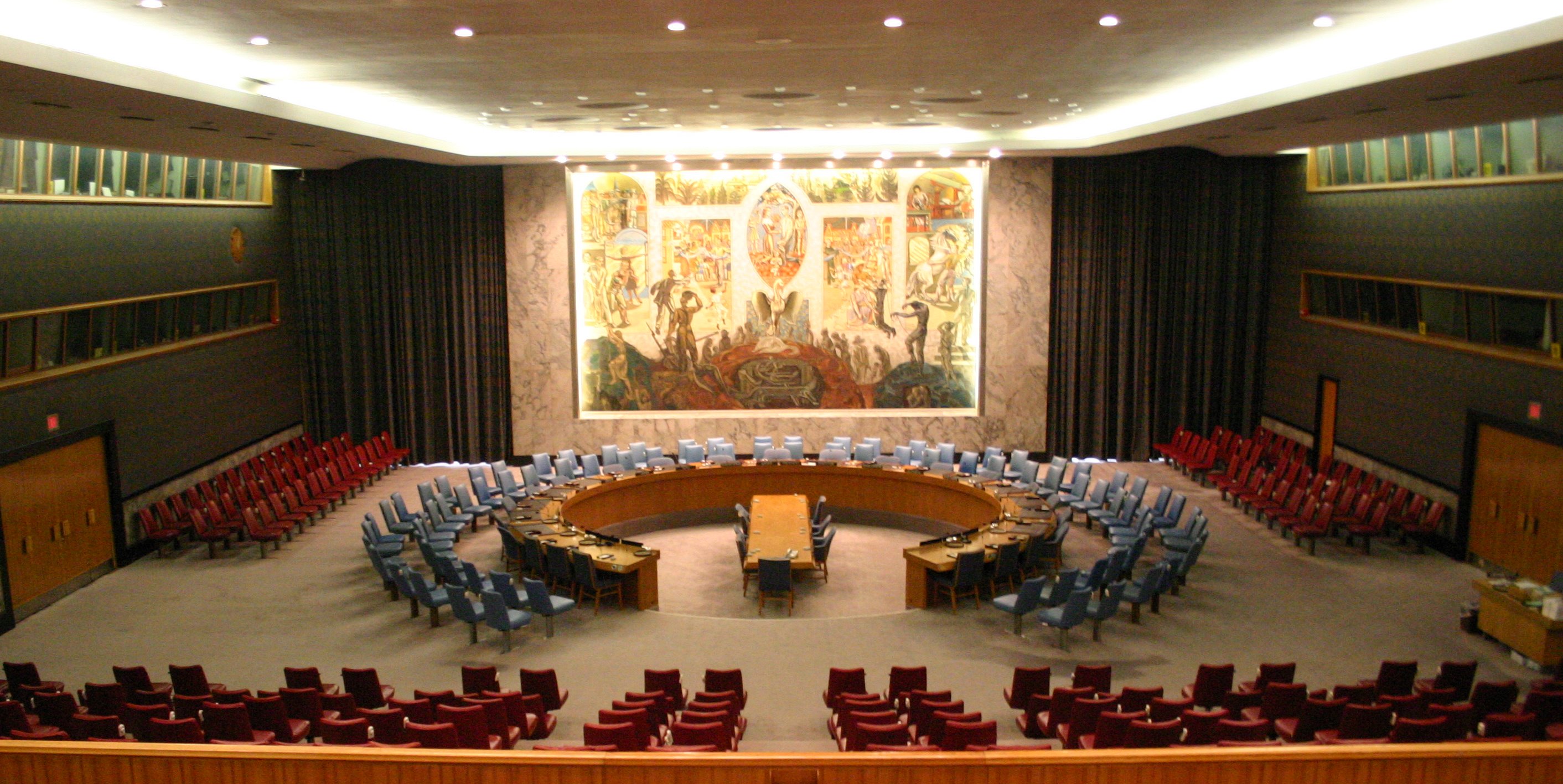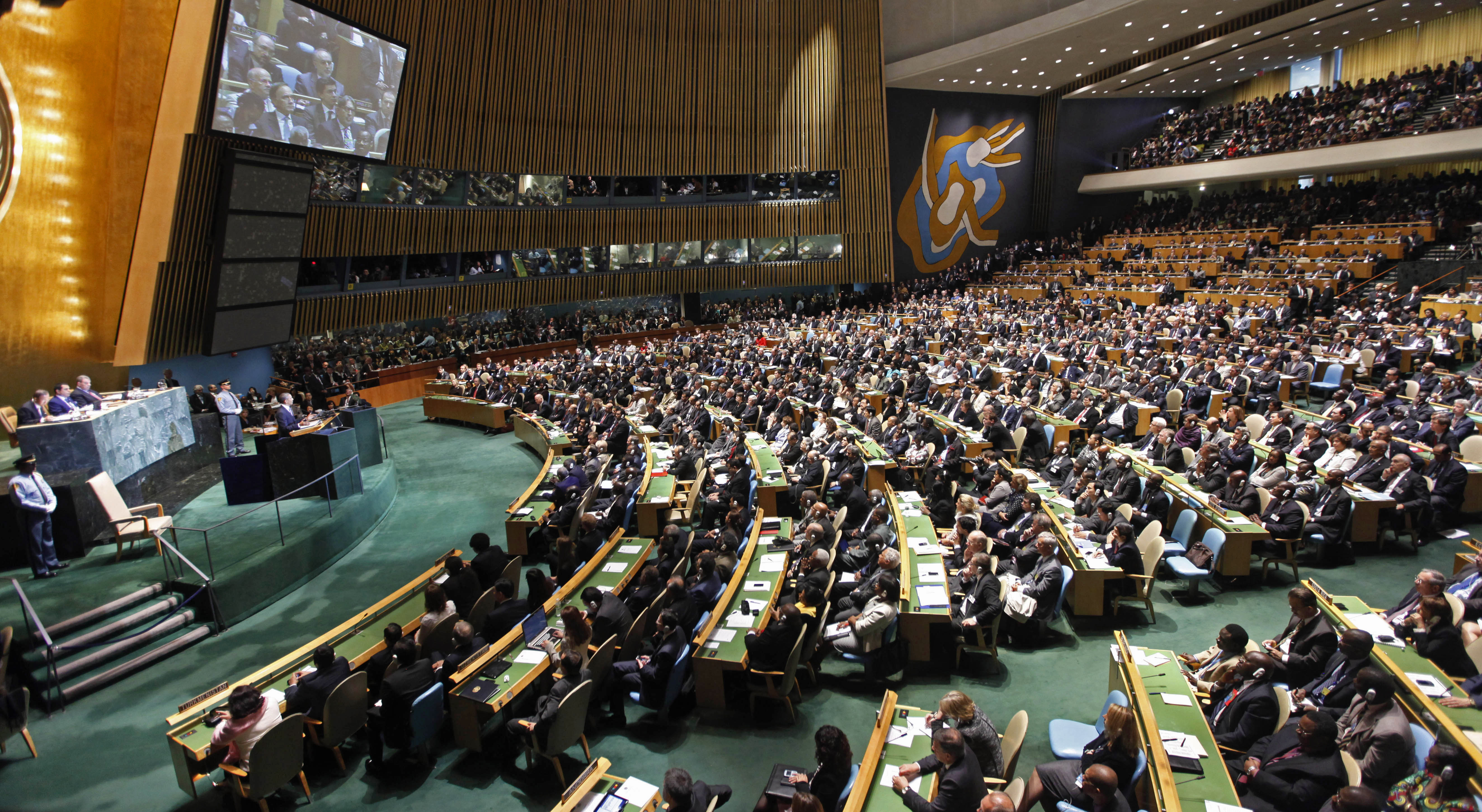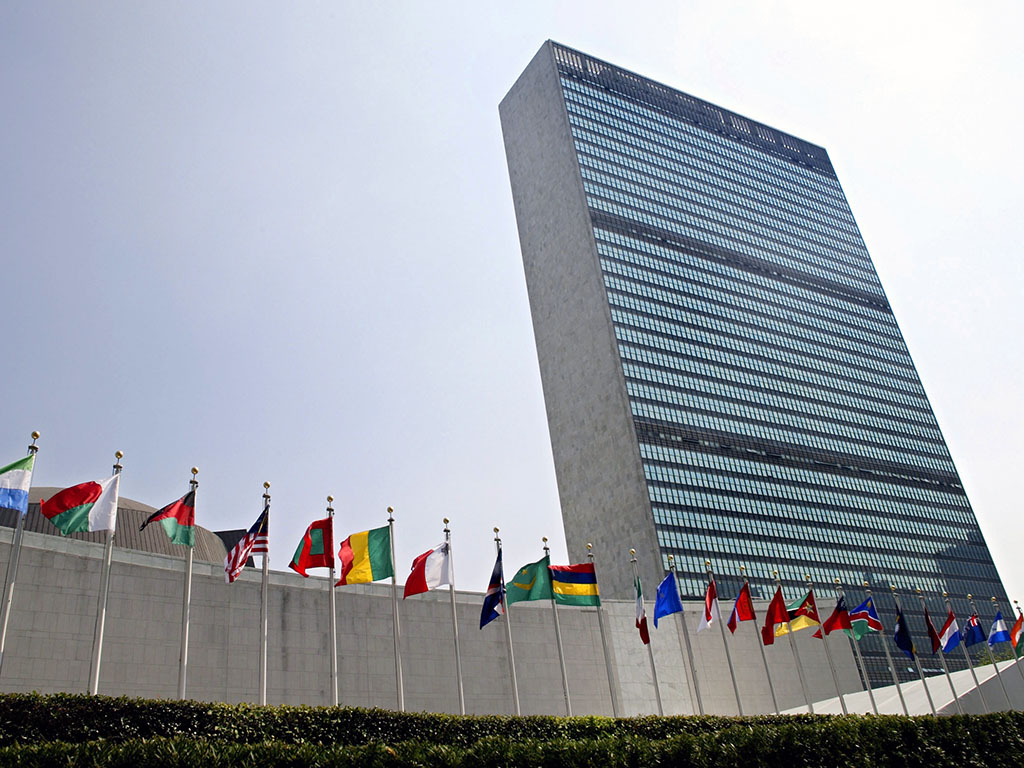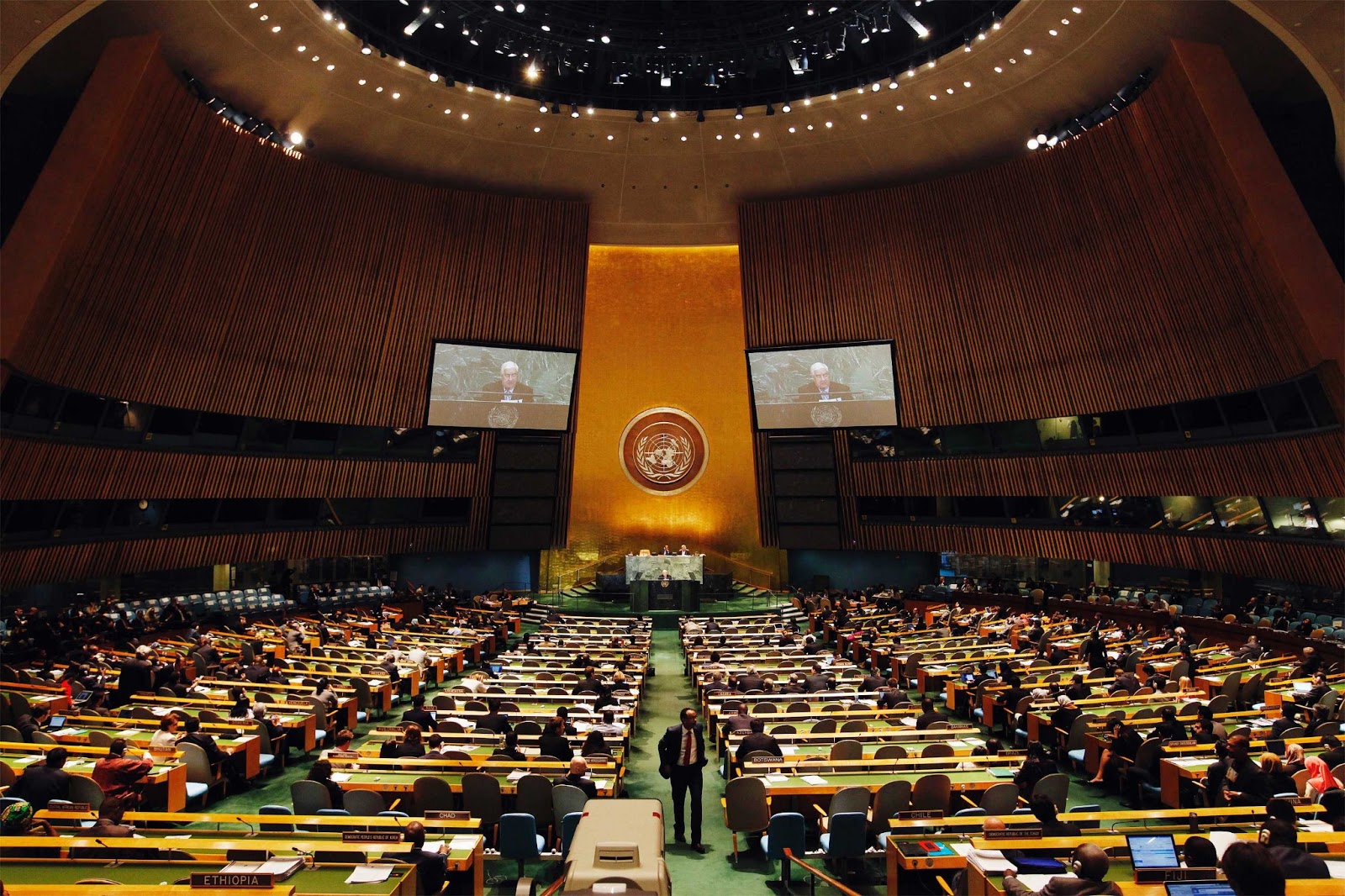A review of recent trends suggests the need for a renewed commitment and enhanced efforts by the international community to support financing for sustainable development. It also points out at potential risks of debt sustainability for a few developed and some emerging economies.
Development Strategies and Policies

Summary: Developed countries? economic performance since the global financial crisis has been disappointing, with subdued growth,

Summary: As indicated in the 2030 Agenda for Sustainable Development, sustained economic growth will continue to be an important

The global economy remains trapped in prolonged episode of slow growth, of which weak international trade is both a cause and a symptom. While developing countries have become more integrated and benefitted from international trade in recent years, this has also made them more vulnerable to a slowdown in global trade. Ensuring an enabling global environment for trade is thus critical for progress towards the Sustainable Development Goals, in particular given the risks associated with protectionism and inward-looking policies, which is on the rise in many countries.

Income convergence between developed and developing countries in recent years is mainly the result of rapid economic growth in Asia. The distance between average per capita income in other developing regions and that in developed countries has not ch

On the 13th and 14th of October 2016, the Development Strategy and Policy Analysis (DSP) Unit will hold the First E

In addressing the specific challenge of building resilience to climate change, the Survey focuses attention on the population groups and communities that are disproportionately affected by climate hazards. It argues that, in the absence of transformative policies which coherently address the economic, social and environmental dimensions of development, building climate resilience will remain elusive and poverty and inequalities will worsen.

The World Economic and Social Survey 2016 contributes to the debate on the implementation challenges of the 2030 Agenda for Sustainable Development.
In addressing the specific challenge of building resilience to climate change, the Survey focuses at

The launching of the Millennium Development Goals (MDGs) at the dawn of the present century ushered in one of the most important initiatives undertaken by the United Nations. Concerted efforts at the international, national and subnational levels to achieve the MDGs have brought about significant development progress over the past 15 years. Nevertheless, important development gaps remain.
 Welcome to the United Nations
Welcome to the United Nations